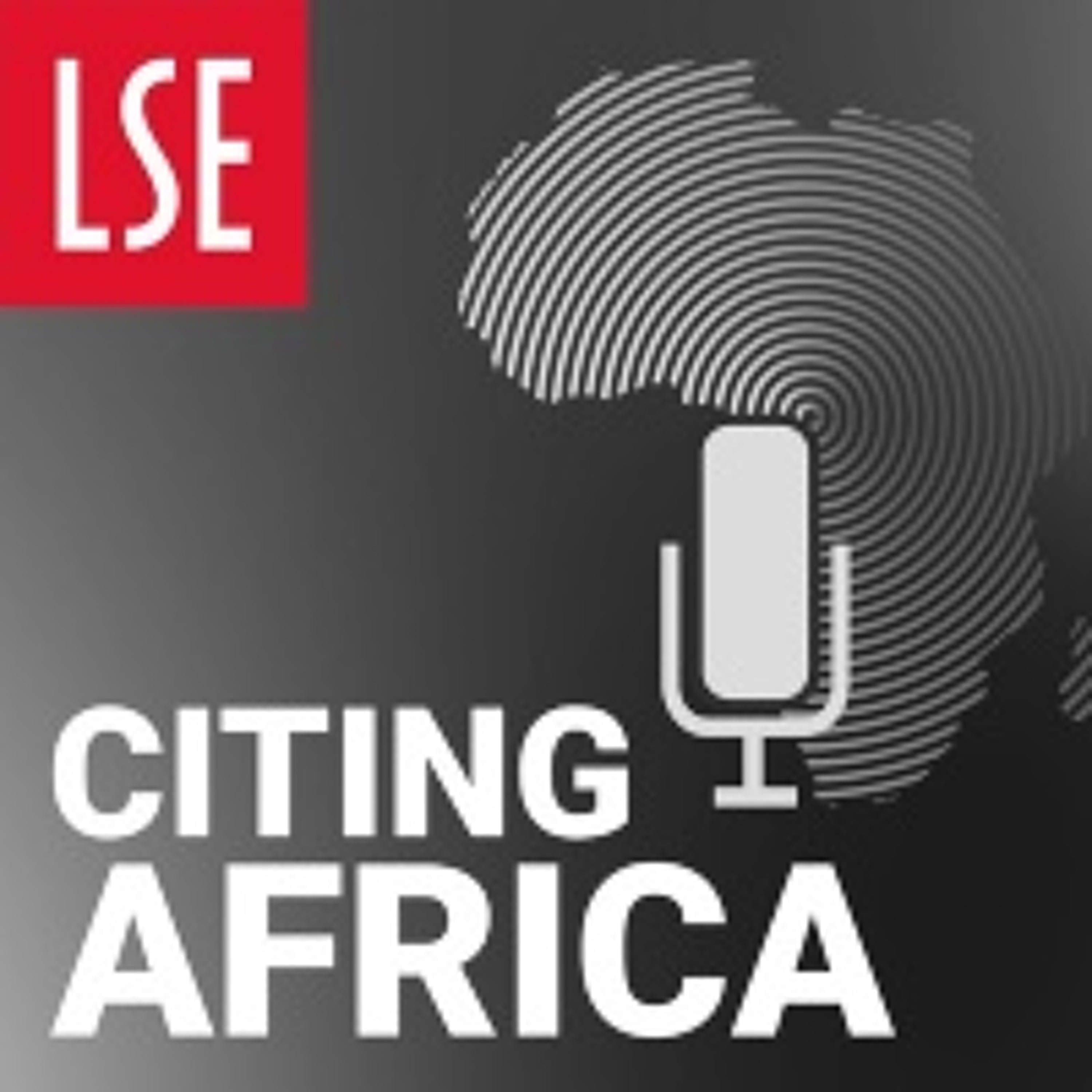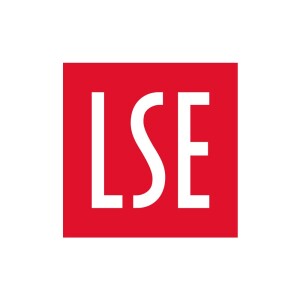
Episode 2 - IMF creditworthiness: implications for knowledge production and African development
 2022-11-03
2022-11-03
Download
Right click and do "save link as"
By Alyssa Scharpf, Ali Raja and Sanath Jaishankar
This episode addresses how the IMF conceptualises creditworthiness. We make the case that the IMF is allowing subjectivity within this, informed by ideological culture and geopolitical interests. Ultimately, this creates a self-reinforcing system of knowledge production, and leads to a loss of policy autonomy for African countries. The podcast concludes the IMF prescribes the ways in which developing countries fit into the global hierarchy.
Notes and references:
1. Bienefeld, Manfred. “Structural Adjustment: Debt Collection Device or Development Policy?” Review (Fernand Braudel Center), vol. 23, no. 4, 2000, pp. 533–82, http://www.jstor.org/stable/40241499. Accessed 9 May 2022.
2. Chwieroth, Jeffrey M. Capital Ideas the IMF and the Rise of Financial Liberalization. Princeton University Press, 2010.
3. Copelovitch, Mark S. The International Monetary Fund in the Global Economy: Banks, Bonds, and Bailouts. Cambridge University Press, 2010.
4. Dreher, Axel, and Nathan M. Jensen. “Independent Actor or Agent? an Empirical Analysis of the Impact of U.S. Interests on International Monetary Fund Conditions.” The Journal of Law and Economics, vol. 50, no. 1, 2007, pp. 105–124., https://doi.org/10.1086/508311.
5. Gehring, Kai, and Valentin Lang. “Stigma or Cushion? IMF Programs and Sovereign Creditworthiness.” SSRN Electronic Journal, 2018, https://doi.org/10.2139/ssrn.3169341.
6. Haque, Nadeem Ul, et al. “Rating the Raters of Country Creditworthiness.” Finance & Development, March 1997, International Monetary Fund, 1997.
7. Mkandawire, Thandika. “Disempowering New Democracies and the Persistence of Poverty.” Globalisation, Poverty and Conflict, 2004, pp. 117–153., https://doi.org/10.1007/1-4020-2858-x_8. Mkandawire, Thandika. “Lessons from the Social Policy and Development of South Korea: An Interrogation.” Learning from the South Korean Developmental Success, 2014, pp. 11–30., https://doi.org/10.1057/9781137339485_2.
8. Mkandawire, Thandika. “The Spread of Economic Doctrines and Policymaking in Postcolonial Africa.” African Studies Review, vol. 57, no. 1, 2014, pp. 171–198., https://doi.org/10.1017/asr.2014.12.
9. Mkandawire, Thandika. “Thinking about Developmental States in Africa.” Cambridge Journal of Economics, vol. 25, no. 3, 2001, pp. 289–313, http://www.jstor.org/stable/23600389. Accessed 9 May 2022.
10. Nelson, Stephen C. “Playing Favorites: How Shared Beliefs Shape the IMF's Lending Decisions.” International Organization, vol. 68, no. 2, 2014, pp. 297–328., https://doi.org/10.1017/s0020818313000477.
11. Stone, Randall W. Controlling Institutions International Organizations and the Global Economy. Cambridge University Press, 2011.
12. Stone, Randall W. “The Political Economy of IMF Lending in Africa.” American Political Science Review, vol. 98, no. 4, 2004, pp. 577–591., https://doi.org/10.1017/s000305540404136x.
13. Stone, Randall W. “The Scope of IMF Conditionality.” International Organization, vol. 62, no. 4, 2008, pp. 589–620., https://doi.org/10.1017/s0020818308080211.
14. Vygotsky, Lev S. Mind in Society: The Development of Higher Psychological Processes. Harvard University Press, 1978.
15. “What Is the 'Gentleman's Agreement'?” Bretton Woods Project, 28 Oct. 2021, https://www.brettonwoodsproject.org/2019/07/what-is-the-gentlemans-agreement/.
16. Woods, Ngaire. The Globalizers: The IMF, the World Bank, and Their Borrowers. Cornell University Press, 2014.
view more
More Episodes
Relationships - marriage and monogamy
 2021-04-30
2021-04-30
 2021-04-30
2021-04-30
Security versus liberty
 2021-04-30
2021-04-30
 2021-04-30
2021-04-30
Not Suitable for Work
 2021-03-15
2021-03-15
 2021-03-15
2021-03-15
Health Policy in a Post-COVID World
 2021-03-09
2021-03-09
 2021-03-09
2021-03-09
How the Pandemic Polarised Us
 2021-03-09
2021-03-09
 2021-03-09
2021-03-09
Digital by Default: the COVID-19 generation
 2021-03-05
2021-03-05
 2021-03-05
2021-03-05
What is Colonial about Global Health?
 2021-03-04
2021-03-04
 2021-03-04
2021-03-04
COVID-19 in the UK: where are all the women?
 2021-03-04
2021-03-04
 2021-03-04
2021-03-04
012345678910111213141516171819
Create your
podcast in
minutes
- Full-featured podcast site
- Unlimited storage and bandwidth
- Comprehensive podcast stats
- Distribute to Apple Podcasts, Spotify, and more
- Make money with your podcast
It is Free
- Privacy Policy
- Cookie Policy
- Terms of Use
- Consent Preferences
- Copyright © 2015-2024 Podbean.com





